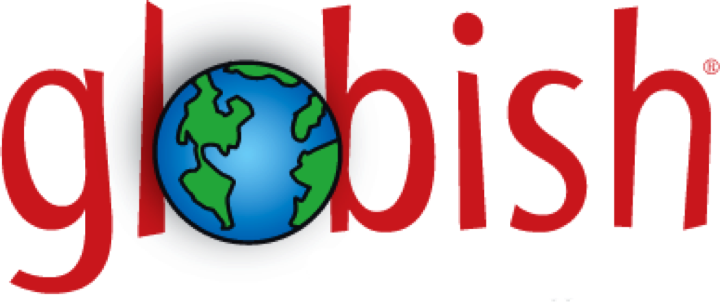Chapter 11: How much is “enough”?
Globish is “enough” English. That is why a person can learn it more quickly than full English. There are many structures, rules, and ways of using English which make it difficult. Globish has limits so that it is easier to learn and start speaking. A person can know exactly what to learn. This is also very helpful in communication between people of varying English abilities. They can all know what to say and write.
But the question will always be asked: “What does “enough” mean? What is “enough?” “Not enough” means that you cannot communicate comfortably with anyone, in English or Globish. You may not know enough words or – more likely – you do not say words with the right stresses, or you may not know simple sentence forms and verb forms. So how much is “too much?” “Too much” makes many students learning English feel they will “never be good enough” in English.
The Council of Europe offers a Common European Framework of Reference for Languages (C.E.F.R.) that offers a situational test for users of all second languages. By their standard, the best user of Globish would be an Independent User (Their category called “B1”) THIS IS GIVEN EXACTLY IN C.E.F.R.’s ENGLISH:
Can understand the main points of clear standard input on familiar matters regularly encountered in work, school, leisure, etc. Can deal with most situations likely to arise whilst travelling in an area where the language is spoken.
Can produce simple connected text on topics, which are familiar, or of personal interest. Can describe experiences and events, dreams, hopes & ambitions and briefly give reasons and explanations for opinions and plans.
That is the test for “enough” for their B1 - Independent User. It would be enough for the Globish user too, if we added this:
“Uses all words needed to join in a given profession or activity; uses International words appropriate in all travel or international business situations.”
But many Globish users can operate at the higher Level B2 of that same C.E.F.R. Independent User standard:
“Can understand the main ideas of complex text on both concrete and abstract topics, including technical discussions in his/her field of specialisation. Can interact with a degree of fluency and spontaneity that makes regular interaction with native speakers quite possible without strain for either party. Can produce clear, detailed text on a wide range of subjects and explain a viewpoint on a topical issue giving the advantages and disadvantages of various options.”
So there are people who have been thinking about this Globish “level” of language use. There are many, many more who have been using something quite close to Globish. Even with few written standards, some have called it Globish because they feel their level of usage is “Globish.” They are using the word "Globish" to establish a level of comfort - a middle ground to communicate with others. Now we hope they can be even more certain because of the observations in this book.
At the risk of saying some important things once again, we will now unite some observations from the first part of the book. This will lay the groundwork for describing major language elements that are important to Globish.
First we will review the ways Globish is like English and then how Globish differs from English. Then, we will examine what makes this Closed System of Natural Language an effective tool for world communication.
English speakers may well say: If Globish is like English, why not just learn English? But there are certain things English speakers do not try to understand. That is one of the main reasons people in many places will be speaking Globish.



